We are in an era of spiraling costs for core social goods — health care, housing, education, child care — which has made proposals to socialize those costs enormously compelling for many on the progressive left. This can be seen in the ideas that floated around the 2020 Democratic primary, which are a preview of coming policymaking attractions. Proposals for free college and student debt relief, Medicare for All, free or nearly free universal child care, and massive subsidies for renters in expensive cities were floated by President Biden’s challengers, and continue to be at the top of the progressive agenda. Indeed, the current vogue for “socialism” on the left is, on closer examination, almost always about socializing these common household expenditures. The traditional socialist call to “seize the means of production” has thus been updated to something closer to “subsidize my cost of living” — a less revolutionary ambition, perhaps, but one that is no less myopic.
The regulatory roots of cost disease explain why fiscal conservatives are poorly served by strategies focused on austerity and direct budget controls. Unless we are able to effect regulatory reforms to subdue costs in diseased sectors, public demand for socializing such costs will prove irresistible. But such socialization will only exacerbate cost disease over time, leading to renewed public demand for increased socialization in a dismal cycle of bloat and waste.
Rather than treating politics as an afterthought, our approach puts political economy front and center. In this report, we review the political economy of debt and deficits, with a special focus on the concept of cost disease. We then turn to an agenda that tackles the prospective threats to fiscal sustainability head-on, using health care, higher education, housing, and child care as case studies.
Figures:
Click to enlarge.
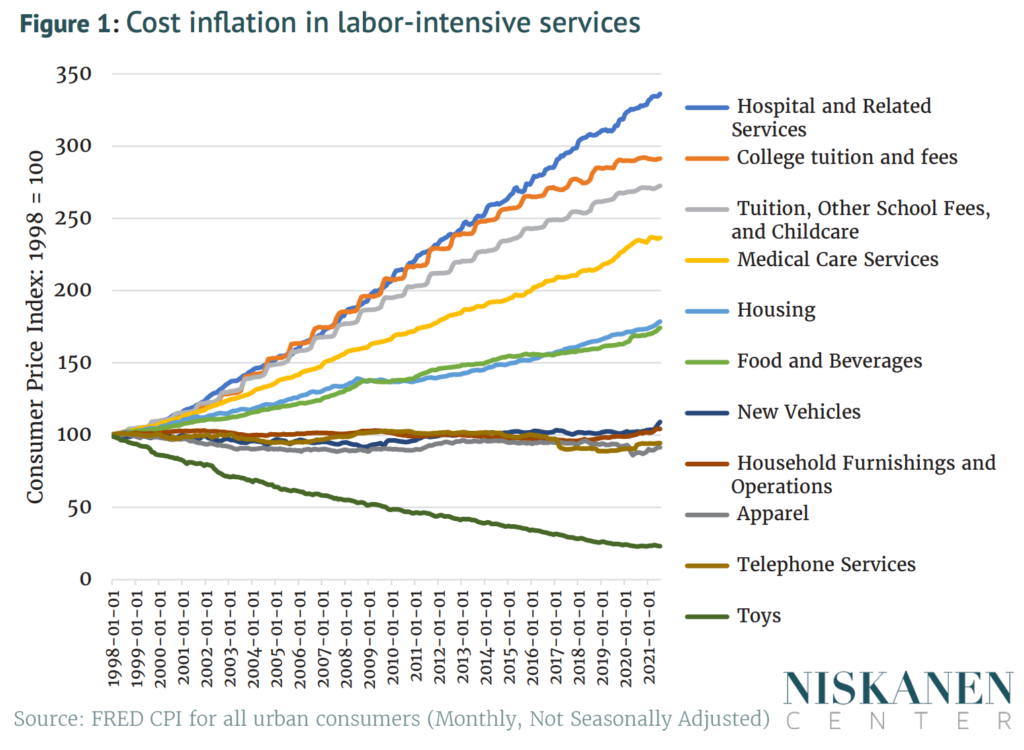
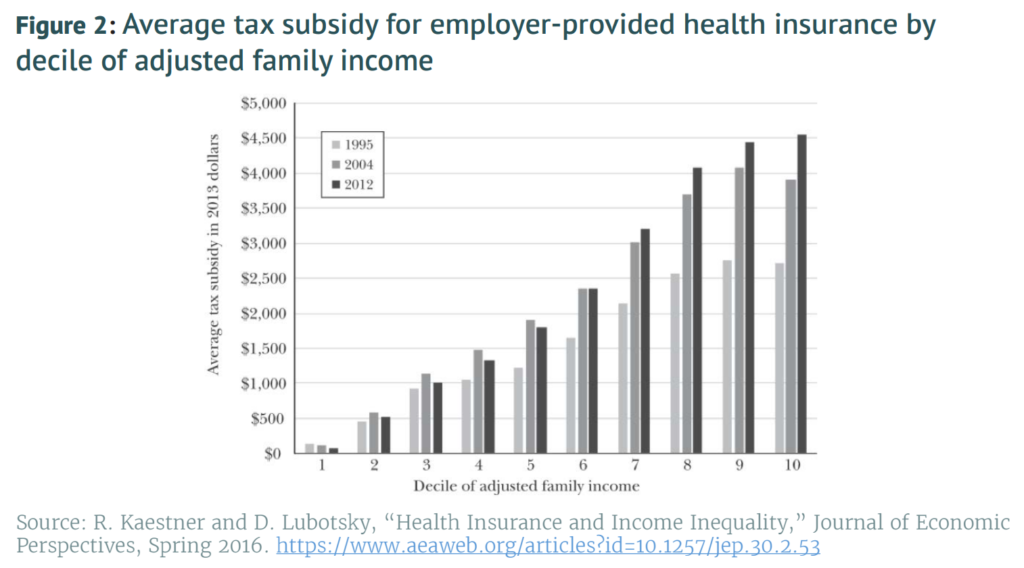
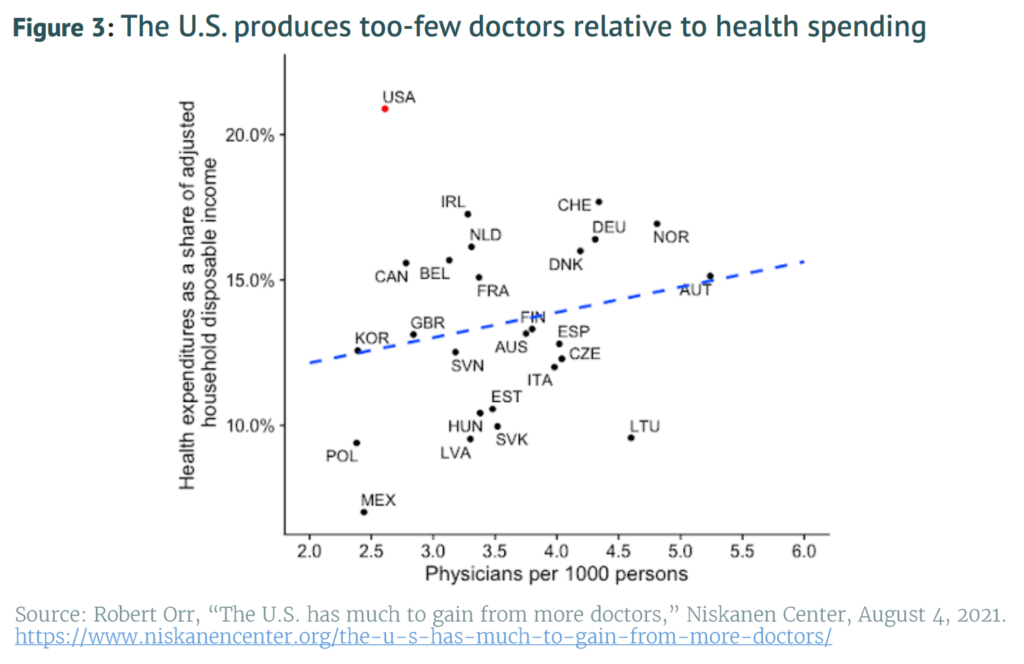
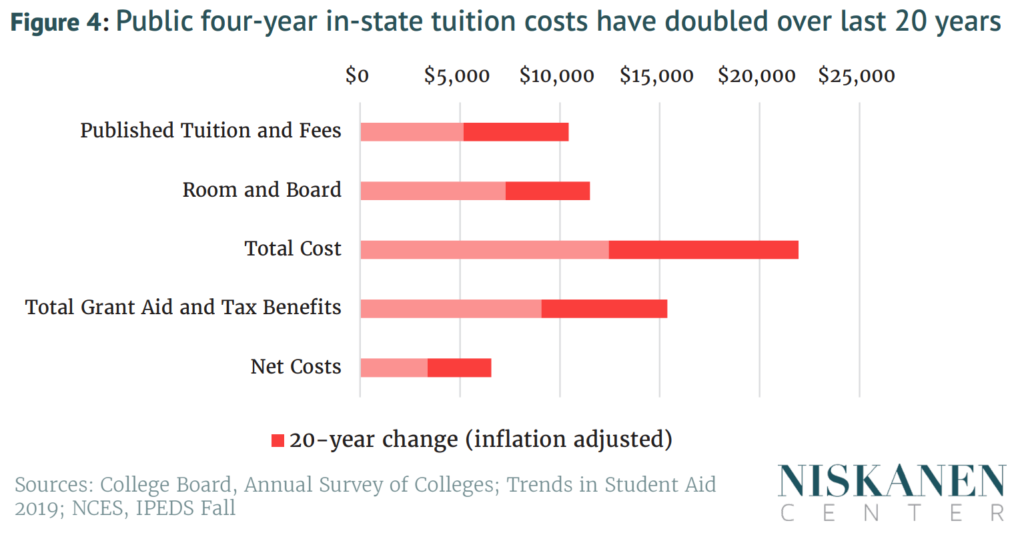

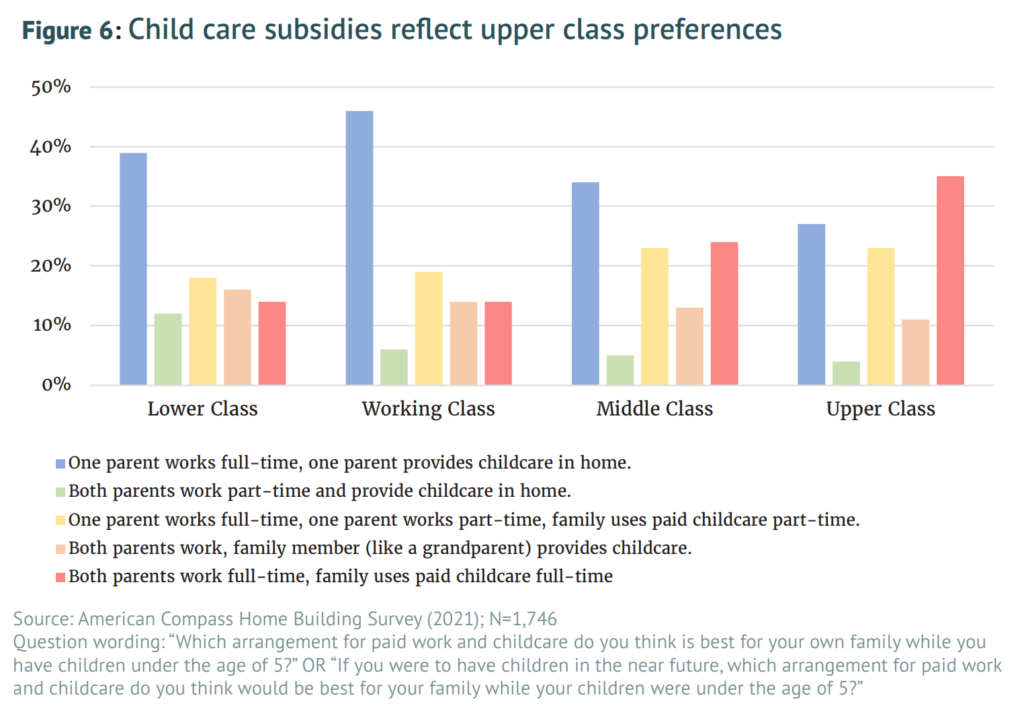
This paper is part of our Captured Economy of Cost Disease series exploring the political economy of debt and deficits. It is made possible thanks to the support of the Peter G. Peterson Foundation.
